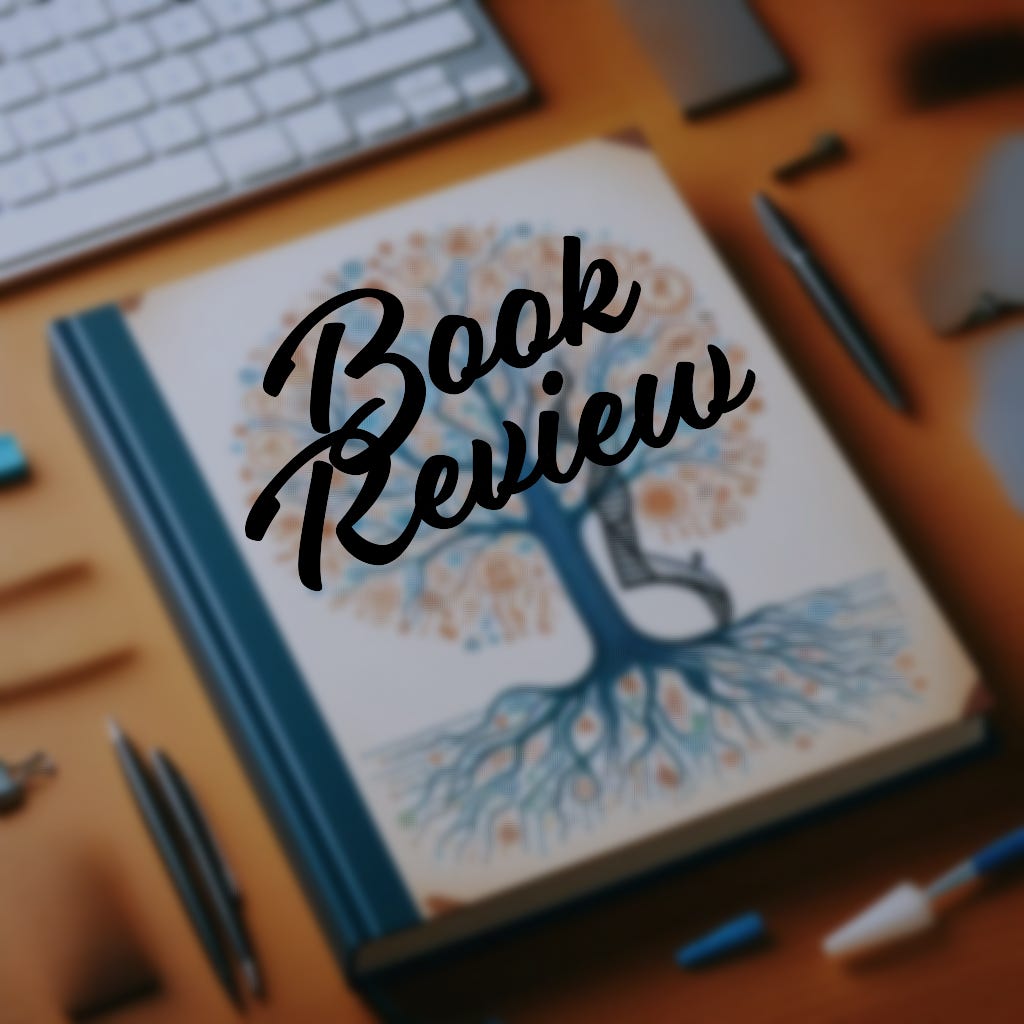The Lost Family by Libby Copeland was a fascinating read if you’re into that slam-in-the-face kind of awareness. I guess I am. She provides a great amount of information about genetic testing, but the draw is the narrative thread that cuts through the information and leaves us with real people’s stories. I will refrain from commenting on those specific stories so readers can let the narrative unfold organically.
Remember the commercial that shows a guy donning, say, a Scottish kilt instead of the Irish dancing shoes he was used to after he took a home DNA test? Sounds fun—could be an interesting broadening of your previous understanding of your ancestors, perhaps. As the genetic data on these sites increases, the idea of DNA testing for entertainment has morphed into a game for risk-takers.
I had a conversation with a friend who described the shock of finding out he has a 27-year-old daughter he never met because her mother hid the truth all those years ago and chose to tell her husband that the baby was his. Another woman just told me about a half-brother she had no idea existed. He recently showed up on her sister’s doorstep wanting to meet the rest of the family as he was given up for adoption sixty years ago and recently did DNA testing hoping to find biological relatives. My daughter’s friend attended her birthday party last year and piped up with the declaration: “Have I got a story for you!” Her mother just found out that her father is not biological.
Finding these results from DNA testing is not always such a fun surprise. You’re not going to simply shift your world so easily if you discover that your father was not the man who raised you. You can’t just put the one away and introduce yourself to the new father the way you would trade your dancing shoes for a kilt.
Lately, many testers come to describe their life as forever divided between “before I knew the truth and after.” People who find themselves flailing around the pool they accidentally jumped into will see a few lifelines in Libby Copeland’s book. One of those rescue buoys is that you realize you are not alone in these waters. And though deep at some points, you can find a sandbar here or there.
You might wrestle with the ethics that Copeland presents well, like who owns the secret once it is revealed? Should one keep it hidden from the rest of the family involved? Does everyone need to know the truth? One thing is sure: you can’t go back once you do know of a DNA secret revealed. In that light, I might recommend people read The Lost Family before they take the risk of sending their saliva in that handy vial to one of the ancestry companies for about 50 bucks.





Shell, I am reading Libby's book, and you have summarized it quite well. The kilt for whatever caused viewers to smile. Libby makes it clear that there may not be smiles when one learns the undeniable truth, and attempts to share it. I agree with Libby: before you spit into that vial, read her book.
Putting her book on my to read list!!